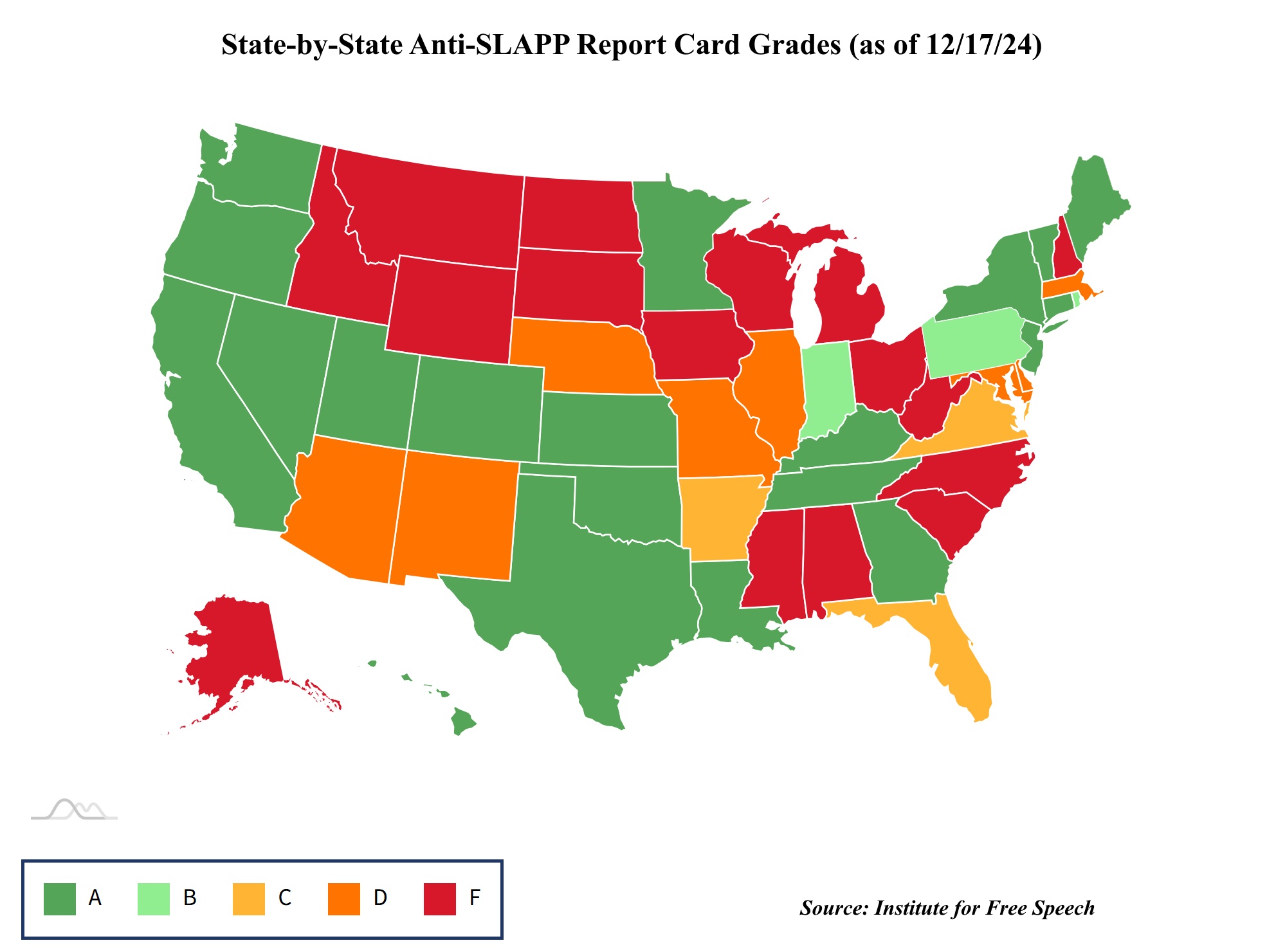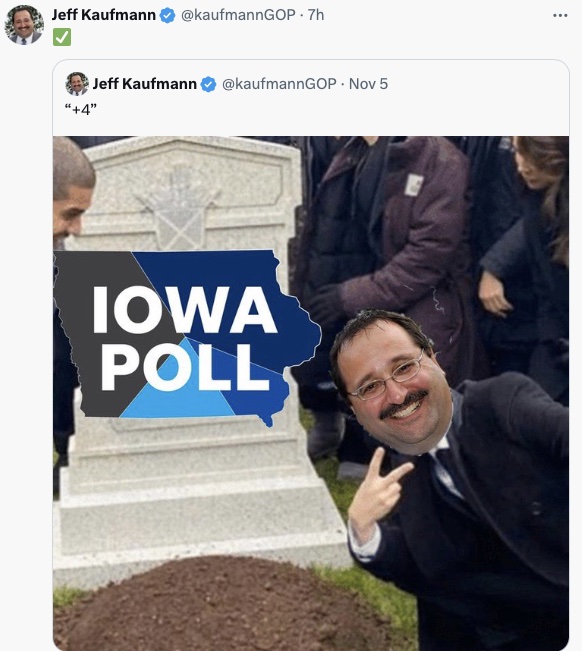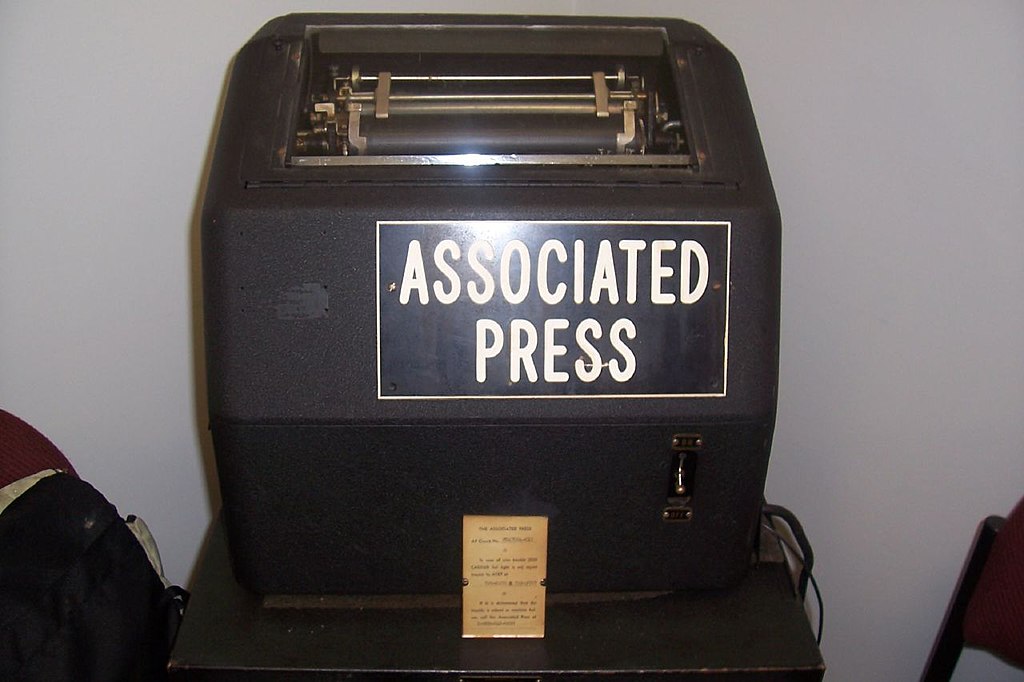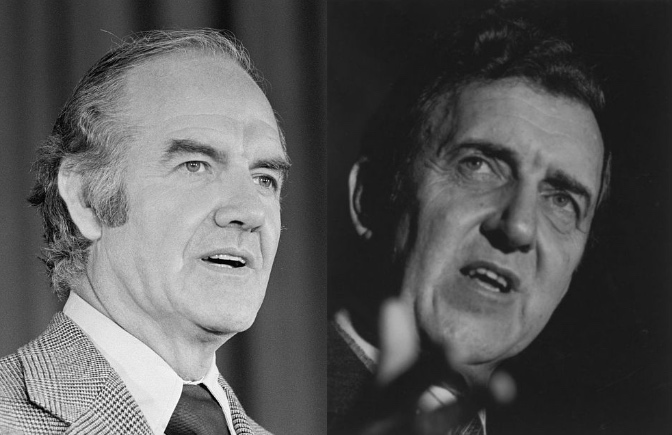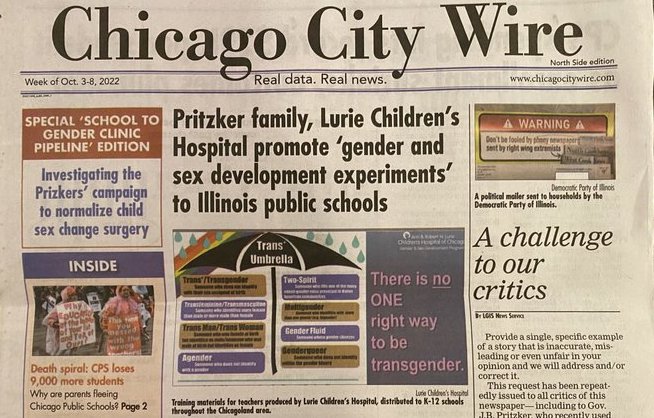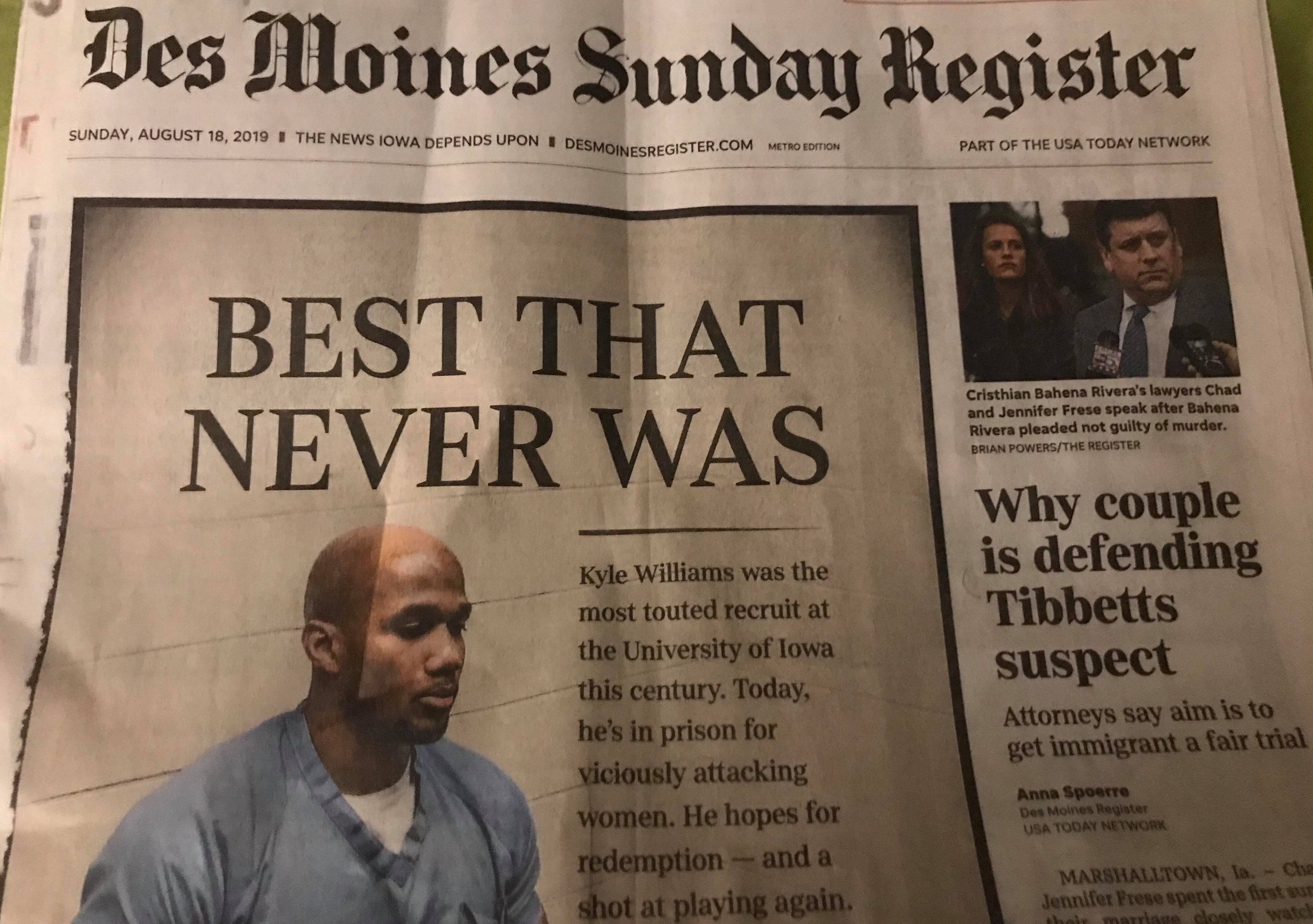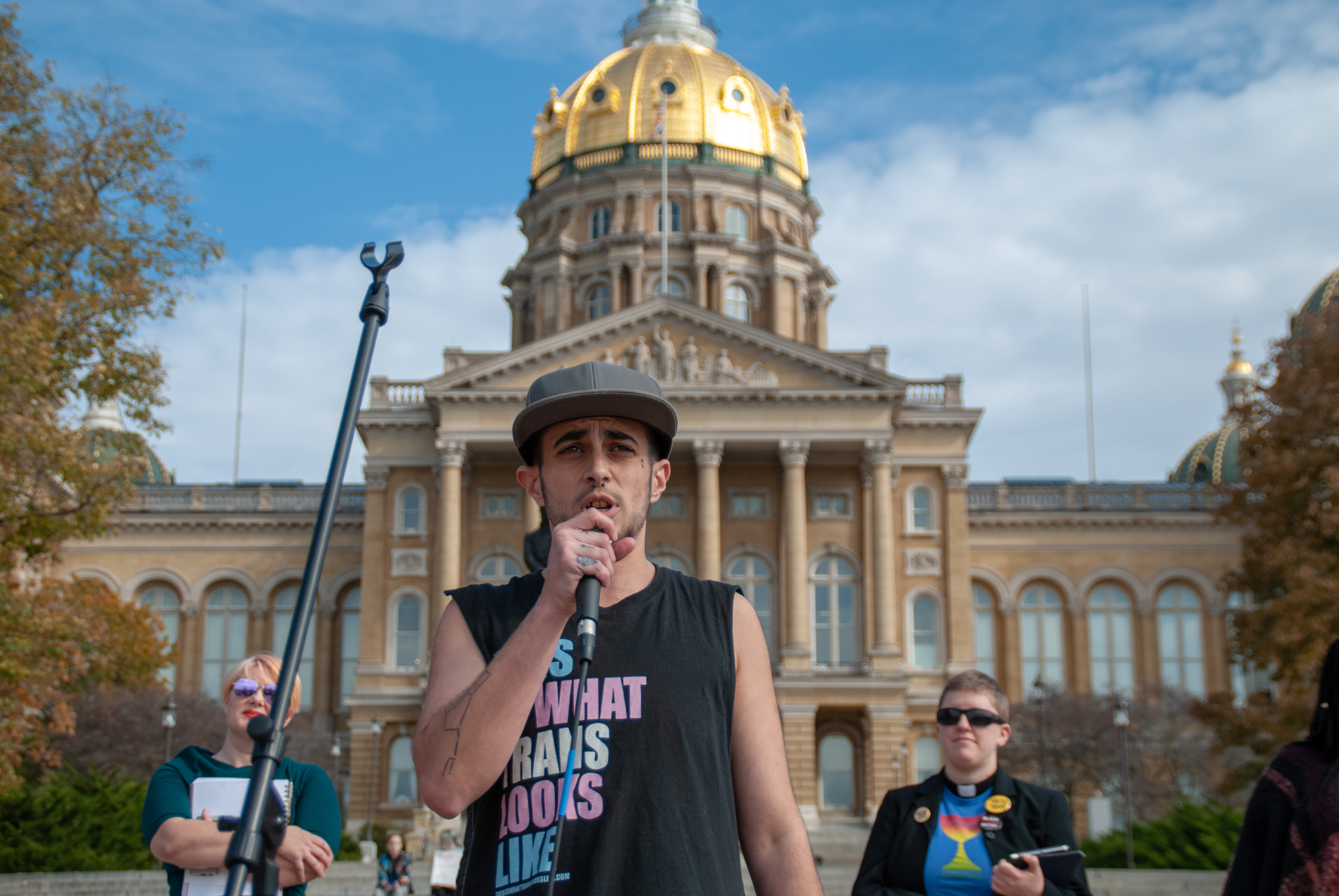Herb Strentz was dean of the Drake School of Journalism from 1975 to 1988 and professor there until retirement in 2004. He was executive secretary of the Iowa Freedom of Information Council from its founding in 1976 to 2000.
Lutheran Services in Iowa is struggling after the federal government reneged on a $1.5 million commitment to fund the nonprofit’s work in welcoming and aiding legal immigrants and refugees to Iowa. The controversy screams for more detail and better coverage than it has received from the news media so far.
Hundreds of newcomers to Iowa, and millions across the country aided by other charities, have been cut off from support authorized by Congress. The Trump administration’s decision to freeze the funding is grounded in misleading statements if not outright lies.
The way we are treating the world’s most vulnerable today stands in stark contrast to our country’s history. Consider a 19th century sonnet by poet Emma Lazarus, which expressed America’s aspirations as a nation of immigrants, and a vulgarity President Donald Trump expressed in the 21st century.
Continue Reading...




